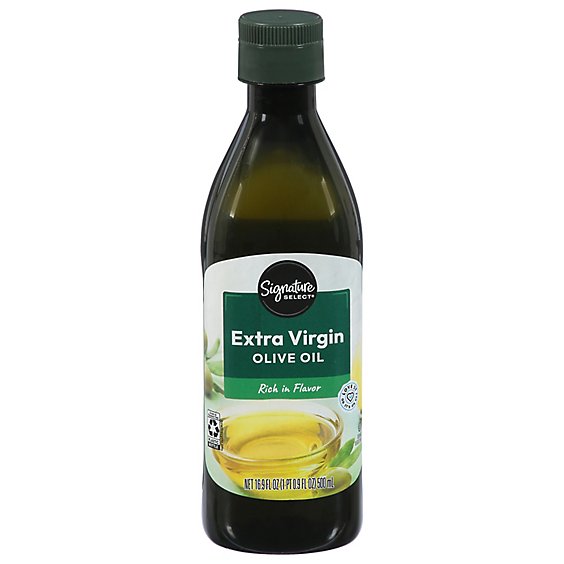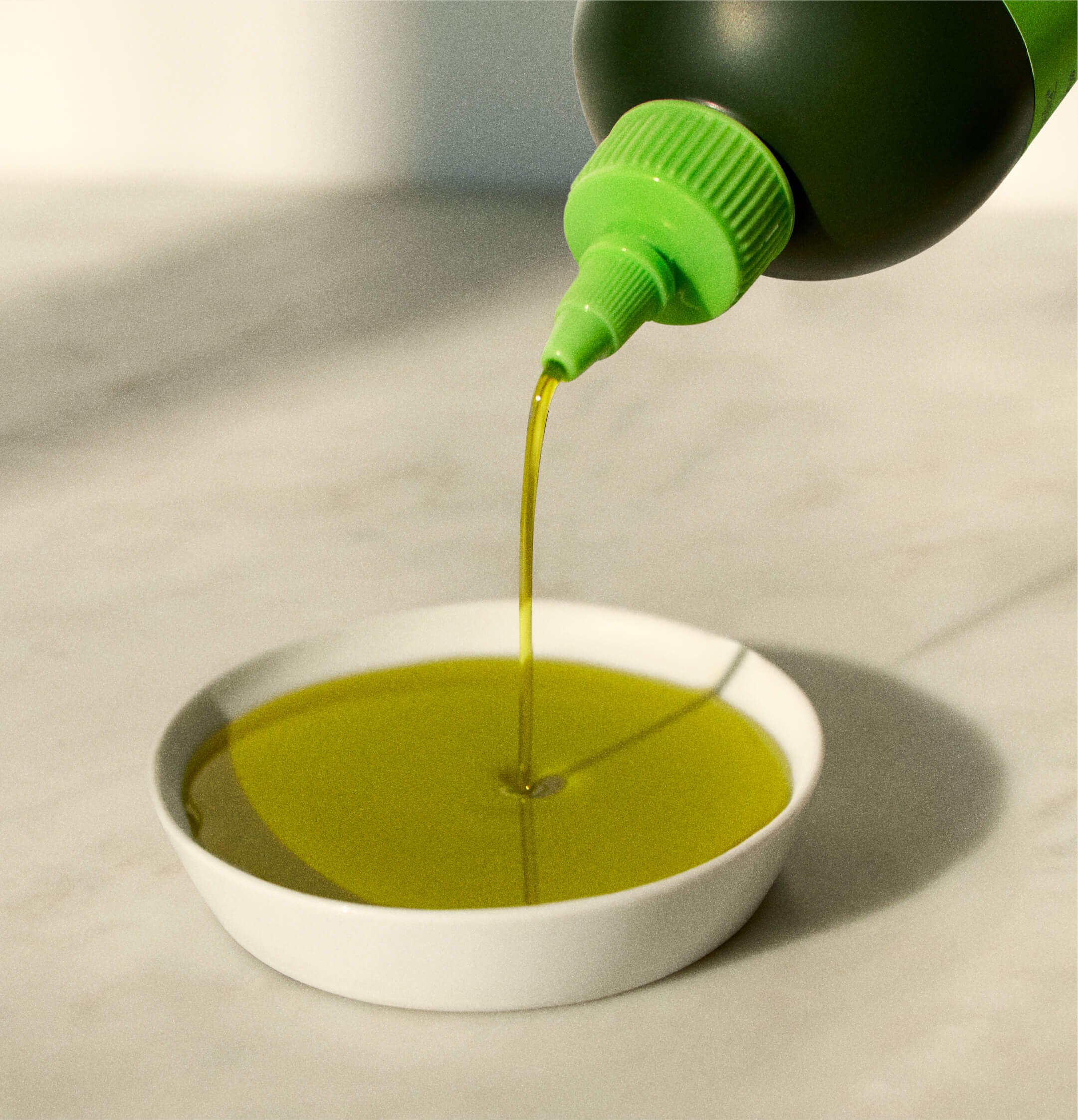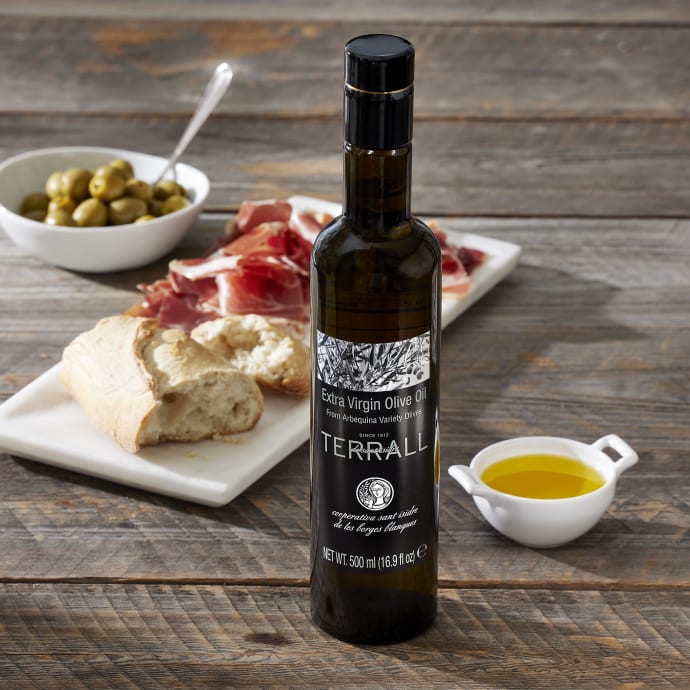The Best Extra Virgin Olive Oil Benefits for Fighting Chronic Diseases
The Best Extra Virgin Olive Oil Benefits for Fighting Chronic Diseases
Blog Article
Discovering the Various Kinds of Olive Oil and Their Uses, Consisting Of Bonus Virgin Olive Oil
The expedition of olive oil incorporates a varied range of types, each offering distinctive flavors and culinary applications. Bonus virgin olive oil, renowned for its premium top quality and health and wellness benefits, serves as a staple in lots of kitchens, yet it is only one aspect of this complex active ingredient.
What Is Olive Oil?
Acquired from the fruit of the olive tree, olive oil is a staple in Mediterranean food and a crucial ingredient in various cooking applications. This functional oil is produced by pushing entire olives, leading to a fluid that differs in fragrance, taste, and color relying on the type of olives made use of, the region of cultivation, and the removal process. Olive oil is primarily made up of monounsaturated fats, particularly oleic acid, which is recognized for its possible health and wellness benefits, including anti-inflammatory properties and cardiovascular support.
Along with its cooking uses, olive oil has a lengthy history of application in conventional medication and skin care, owing to its rich antioxidant material (extra virgin olive oil benefits). The oil is usually utilized in dressings, sauces, and for cooking methods such as sautéing and roasting. Its distinctive taste profile can enhance the taste of different dishes, making it a vital active ingredient for both home cooks and expert chefs
Moreover, olive oil is commemorated for its function in the Mediterranean diet regimen, which is connected with numerous wellness advantages. As understanding of these benefits expands, olive oil continues to get popularity worldwide as a basic component of a healthy and balanced way of living.
Types of Olive Oil
Understanding the numerous sorts of olive oil is necessary for both health-conscious consumers and culinary lovers. Olive oil is categorized largely based upon its extraction technique and quality, which dramatically influences its aroma, taste, and health advantages.

Light olive oil, despite its name, describes a lighter taste and not reduced calories. It is excellent for those looking for a much more subtle taste in dressings and sauces. In addition, there are flavorful olive oils instilled with herbs, spices, or citrus, which can enhance meals without the demand for added flavoring.
Each kind of olive oil offers specific cooking purposes, and understanding these differences allows customers to make educated options that straighten with their cooking designs and wellness goals.
Extra Virgin Olive Oil
Additional virgin olive oil (EVOO) is extensively considered as the finest olive oil available, popular for its abundant flavor and numerous wellness advantages. To be identified as extra virgin, the oil should be generated from fresh olives utilizing mechanical processes, without using solvents or extreme warmth. This thorough method protects the oil's all-natural flavors, antioxidants, and healthy fats, causing a product with a reduced acidity level of less than 0.8%.
EVOO is bountiful in monounsaturated fats, specifically oleic acid, which is connected to minimized inflammation and enhanced heart wellness. It also consists of polyphenols, powerful antioxidants that may use safety impacts versus persistent diseases. The flavor account of EVOO can differ significantly depending on the olive variety and area of manufacturing, varying from fruity and verdant to robust and peppery.

Culinary Uses of Olive Oil

In food preparation, olive oil can be used for sautéing, toasting, and grilling, offering a much healthier option to butter or other fats. Its high smoke point makes it ideal for numerous cooking techniques, while its antioxidants add to a heart-healthy diet plan. Sprinkling olive oil over ended up recipes, such as pasta, fish, or grilled veggies, can boost flavors and include a touch of elegance.
Additionally, olive oil plays a substantial function in baking, where it can change conventional fats in recipes for bread and pastries, giving moisture and a refined preference. It likewise serves as a base for infused oils, allowing cooks to explore flavors such as garlic, continue reading this natural herbs, or chili, better broadening its culinary possibility. Generally, olive oil's adaptability makes it important in both home and professional kitchens.
Choosing Top Quality Olive Oil
When choosing top quality olive oil, it's important to think about several crucial factors that affect the item's fragrance, anchor flavor, and health and wellness advantages. Primarily, choose additional virgin olive oil (EVOO), which is stemmed from the very first cool pushing of olives and contains the greatest degrees of anti-oxidants and valuable compounds. Look for oils that are licensed by recognized companies, as this frequently guarantees adherence to strict quality requirements.
The product packaging additionally plays a significant duty in protecting the oil's integrity. Pick oils saved in dark glass bottles or tins to secure versus light destruction. Focus on the harvest day; fresher oils use superior flavor and nutritional value, so select items that are within 18 months of their harvest.
On top of that, consider the beginning of the oil. Top quality olive oils typically come from particular regions understood for their unique flavor profiles, such as Italian, Spanish, or Greek oils. Lastly, understand the taste; a good top quality olive oil should have a balance of fruity, bitter, and peppery notes, indicating its splendor and complexity. By assessing these elements, you can ensure you are selecting the very best olive oil for your culinary requirements.
Verdict
In recap, the expedition of numerous types of olive oil discloses distinctive characteristics and applications, with additional virgin olive oil representing the pinnacle of top quality due to its reduced level of acidity and high antioxidant content. Understanding the different selections of olive oil allows for educated options in food preparation approaches, promoting healthier methods while enhancing the total gastronomic experience.
Obtained from the fruit of the olive tree, olive oil is a staple in Get the facts Mediterranean cuisine and a key component in different culinary applications.The most usual kinds of olive oil include refined olive oil, pure olive oil, and light olive oil.Additional virgin olive oil (EVOO) is extensively concerned as the highest possible high quality olive oil offered, well known for its rich taste and many health and wellness advantages. Choose for added virgin olive oil (EVOO), which is derived from the first cold pushing of olives and includes the highest possible degrees of antioxidants and beneficial compounds.In recap, the exploration of different types of olive oil discloses distinctive qualities and applications, with additional virgin olive oil representing the peak of high quality due to its low level of acidity and high antioxidant content.
Report this page